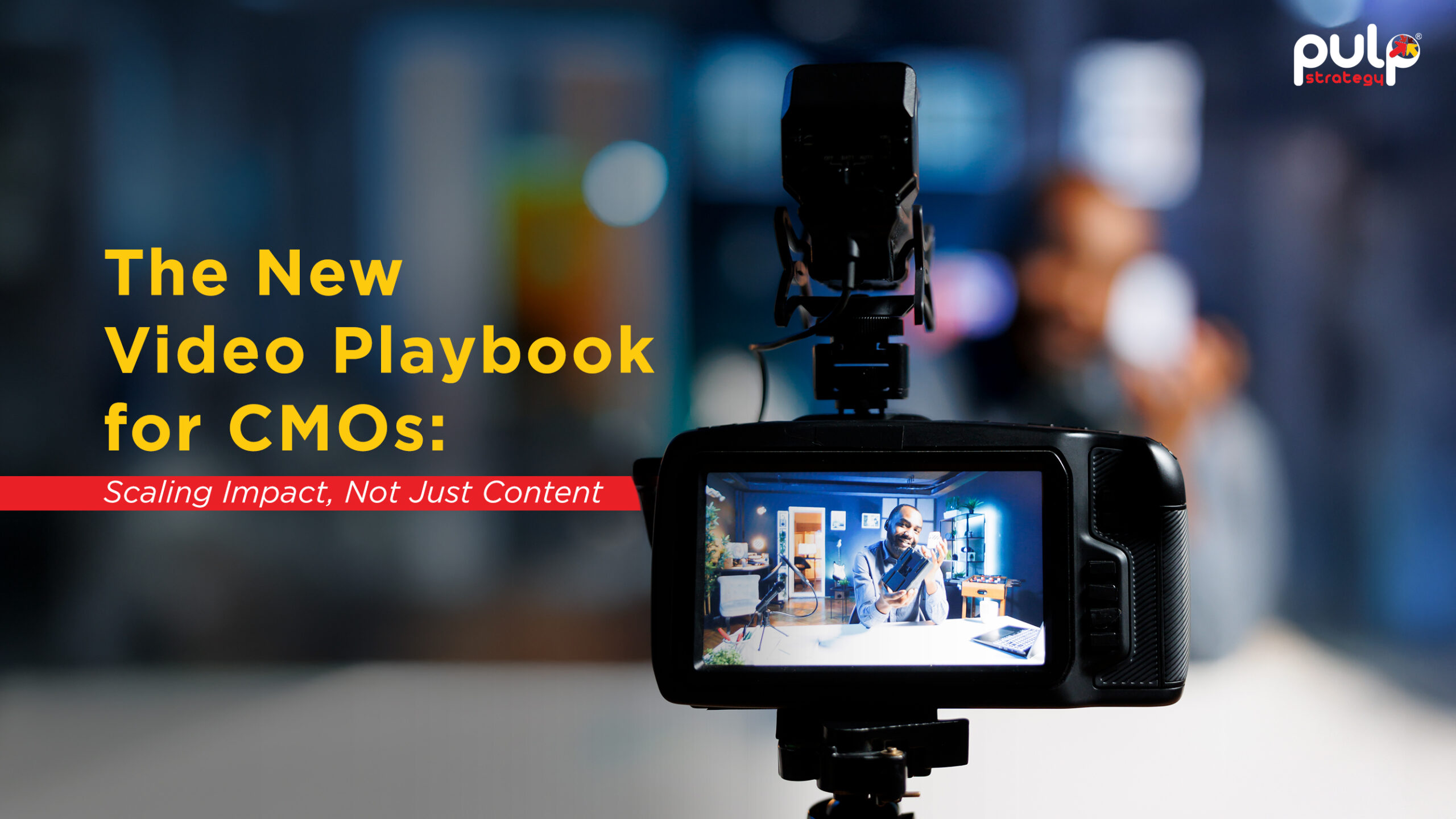Looking back, 2020 was a challenging year for many businesses across the market; the same is with digital marketing. However, through the challenges, they have come up with solutions that have transformed the way we do business. One of the biggest transformations is the openness and welcome attitude to the concept of working from home. The easy accessibility to a high-speed internet connection has helped people to be more connected than ever before. From online video calls to OTT entertainment, the digital space has helped many of us to go through a difficult period.
Let us dive in and see what the digital marketing trends are for 2021:
- Video Marketing: It is time that brands should invest more in online video marketing content. One thing that 2020 taught us is that people enjoy consuming high-quality video content. This trend that has been there for a very long time took a huge jump during the pandemic. It is a trend that is going to continue for many years to come.
- Online PR: As consumers are becoming more cautious of the source of information they are getting, brands are now focusing to secure their exposure in reputable online media. For this, they have to distribute key information and endorsements with the help of extensive online PR networks. Not only will their brand reputation and online presence be reinforced, but it will also enhance the SEO ranking on platforms like Google & Yahoo.
- UI/UX Design: In the last few years, brands have realized that ‘experience’ is everything. Creating that worthwhile journey of experience for consumers is the talk of the town. Products with UI/UX designs enhance the user’s experience, and besides brands investing in the UI/UX design realize a higher ROI.
- Mobile Apps: More than 65% of people are using mobile to go online. Mobile apps have allowed brands to reach out to their consumers in their personal space. Gone were the days when mobile apps were just transactional. In the coming year, we will witness more immersive experience with augmented and virtual reality capable apps.
- AI: A recent study has shown that the adoption of AI-backed ad buying has fueled a 250% increase in ROI in 2020. There are so many advantages in using AI in digital marketing, and highly competitive industries like consumer goods, beauty, and finance, in particular, are already benefiting from it. Access to AI marketing technology and the introduction of automation tools in marketing strategies in most ad platforms like Google and Facebook will enhance the result significantly.
- Social Media Stories: It all started with Snapchat, then Instagram and Facebook stories were introduced, then YouTube, Whatsapp and Twitter followed the trend. These short recorded files stay for a set of period of time, which are a great opportunity for marketers to make good use of FOMO (fear of missing out). There are many benefits of social media stories, and to name a few we have:
- Constant engagement with followers
- Opportunity to reach out to younger audiences
- Cost-effective
- Use poll within Instagram Stories
- Add location tags
- Chatbots: AI-powered chatbots are already delivering results in addressing issues to customers, and many customers preferred interacting with them as they are available 24/7, give answers promptly, accurately recall your entire experience, and of course never lose patience. These virtual assistants offer outstanding customer service by meeting customers’ expectations and automating repetitive tasks – which means that you can focus on more important work.
- Conversational Marketing: The real deal with modern marketing is very clear, it is conversational. People want it that way, and so brands are reacting. When consumers have a question, 82% want an “immediate” response. Conversational marketing facilitates a one-to-one, real-time connection between marketers and customers. Unlike traditional strategies, this form of marketing is now available across multiple channels, allowing brands to meet customers on their terms: on the devices, platforms and time schedules that suit the customer best. The primary goal of conversational marketing is to enhance the user experience through a feedback-driven model that fosters higher engagement and greater loyalty.
- Influencer Marketing: An old marketing strategy that is still popular and relevant today is word-of-mouth marketing. However, here we focus on using key leaders to amplify a brand message to a larger market. Influencers can be well-known celebrities, but more often they are Instagram or YouTube personalities with a huge niche following who can help spread the word about your business or product through their social channels.
Conclusion:
Technology is forever evolving, and with each turn of development, one must be flexible and ready to absorb the change and to use it for their advantage. Considering these trends as tools and using them will only amplify your marketing strategy, giving you an edge over your competition.
Click here to get in touch with our experts today.







